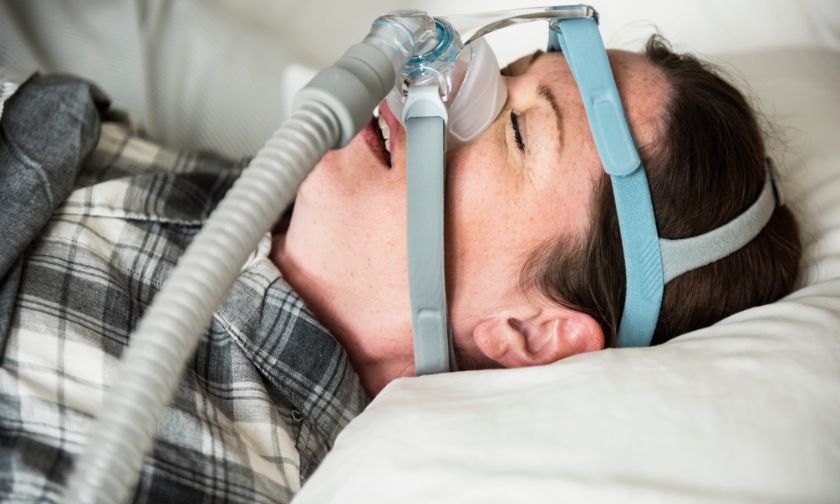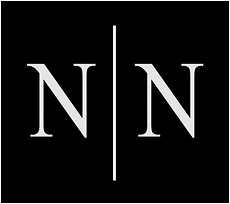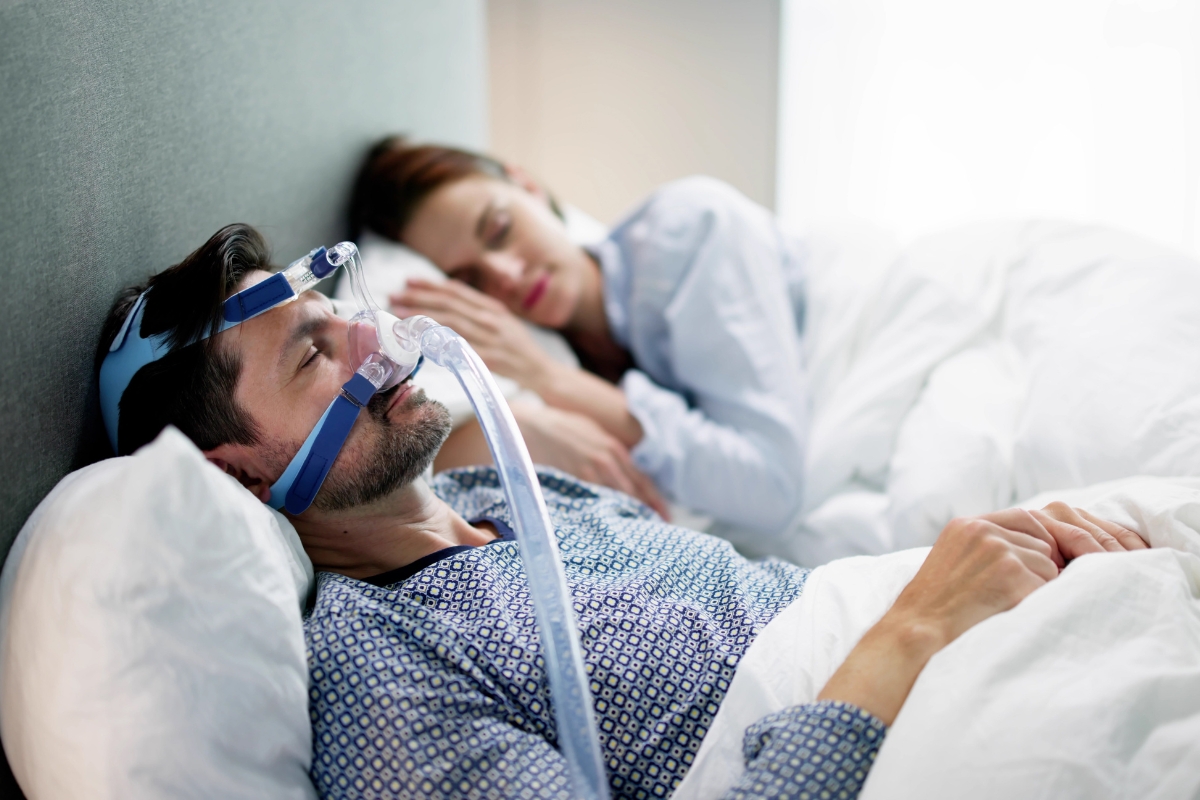
If you are a heavy snorer, experience morning grogginess, or wake up repeatedly gasping for breath, sleep apnea may be compromising your health and well-being. Although most people have heard of CPAP machines, not everyone finds them comfortable. That’s where oral appliances enter the picture—a quieter, easier-to-travel-with alternative that improves your sleep by simply moving your jaw or tongue around when you’re asleep.
What Is Sleep Apnea?
Sleep apnea is a frequent but severe condition in which your breathing stops repeatedly while sleeping. The most prevalent form, obstructive sleep apnea (OSA), is when the airway blocks or collapses at night. This causes loud snoring, nighttime waking, headaches upon awakening, and day-time tiredness.
If left untreated, sleep apnea can lead to high blood pressure, heart disease, and even memory problems. That’s why getting a comfortable, long-term treatment option is crucial.
How Oral Appliances for Sleep Apnea Work?
Oral appliances are specially tailored devices worn in the mouth at night. Their primary function is to maintain the opening of your airway by repositioning the structures that are blocking it. Depending on the device type, they either:
- Gently move your lower jaw forward – This opens up the airway and stops it from collapsing. These are referred to as mandibular advancement devices (MADs).
- Keep the tongue in position – Referred to as tongue-retaining devices, these stop the tongue from falling back and obstructing airflow.
Both appliances are small, comfortable, and used nightly.
Key Advantages of Oral Appliance Therapy for Sleep Apnea
Most patients prefer oral appliances over CPAP therapy because they find them more comfortable and easier to handle. The following are some of the best advantages:
- Comfortable and non-invasive – No masks, straps, or air tubes.
- Travel-friendly and portable – Light to carry, easy to pack, ideal for traveling or regular overnight stays.
- Quiet and discreet – No noisy devices, so they’re great for light sleepers and partners.
- Enhanced quality of sleep – Less disruption equals better, more restorative sleep.
- Increased long-term compliance – More likely to use them regularly than CPAP machines.
With these benefits, it’s not surprising that a lot of patients with mild to moderate sleep apnea, or individuals who can’t tolerate CPAP, prefer oral appliances as first-line or alternative therapy.
Getting Started with Treatment
The process begins with a sleep evaluation. If you’re diagnosed with obstructive sleep apnea, your dentist may recommend oral appliance therapy, especially if CPAP isn’t a good fit for you. A qualified dentist will take impressions of your teeth and create a custom-fit device that’s comfortable and effective. Regular follow-ups help fine-tune the fit and track your progress to ensure lasting results.
Oral appliances provide a low-fuss, easy-to-use solution for treating sleep apnea, particularly for those looking for something quieter, easier, and more convenient than a CPAP machine. If sleep apnea is throwing off your nights and weighing down your days, it may be time to consider oral appliance therapy. Discuss with your dentist in Burbank whether or not it’s the best solution for your lifestyle and health needs.
For more information regarding sleep apnea, contact our dental office.


